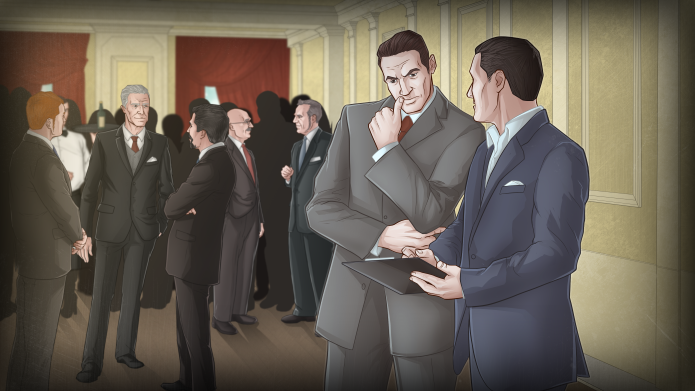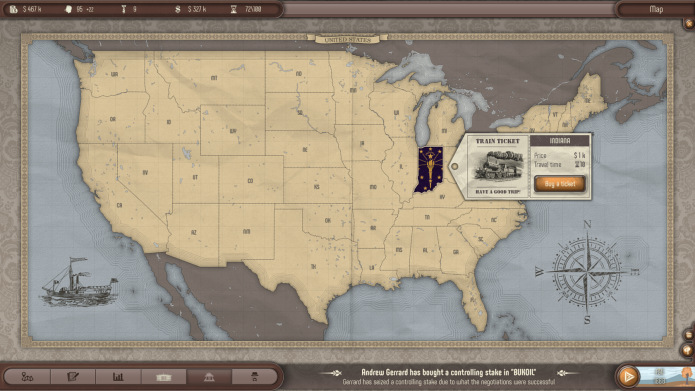

The benefits for both nascent and established democracies may be attributed to them as well.” “ Historically, the progress of democratic forms of government point to the influence of the rich. From this, his argument follows that from laws come property, from property comes peace, and from the wealthy comes prosperity for society. It is akin to Adam Smith’s concept of the “invisible hand,” which postulates that the nature of man, self centered yet also communitarian, will see the private accumulation of wealth be naturally distributed without formal or legal channels. Mandeville claims that the frivolous spending by the wealthy provide livelihoods for the poor and amount to a natural distribution of wealth. His argument can be seen as an early modern precursor to the idea of trickle down economics. Second, the accumulation of wealth by the rich and its subsequent benefits to the poor is the issue of Bernard Mandeville’s The Fable of the Bees. In addition, the private nature of property is beneficial and provides certain rights and duties (i.e. However, Adam Smith in the Wealth of Nations and John Locke in the Second Treatise argue that the preservation of property is the foundation for the creation of government. Rousseau in A Discourse on Inequality negatively posits that the social contract is nothing more than a cheap trick by the rich to co-opt the poor into imposing legal protections on their property. First, the idea that the formation of the state was made by and for the rich is an attractive narrative. Political thought throughout the ages has also argued for the benefit of having the rich take an active role in politics and the maintenance of the state and society. In 2012, his campaign spent close to $1 billion. He is the man who brought about hope and attempted to provide quality healthcare to millions.īarack Obama on the campaign trail. Barack Obama spent almost $1billion on his re-election campaign in 2012, but is not remembered as a plutocrat. Thirty-five out of the forty-four US presidents have been millionaires, and the incumbent is a billionaire.

Yet they continue to be dominated by wealthy, upper-class men. They also lived in a comparably more prosperous environment, due in part to the mesh between commercial success and wealthy management of trade and investment laws.įinally, in the contemporary period, alongside a dramatic expansion of the franchise to include women among others, western style democracies have become freer and more prosperous than ever before. While less inclusive than contemporary western democracies, the citizens of merchant republics such as Venice and Lucca possessed a greater degree of legal protections than those of the feudal kingdoms of Northern and Central Europe. The intimacy between wealth and democracy continued into the Early Modern Period, with the merchant and commercio-banking republics of Northern Italy, the Low Countries, and the Hanseatic League. Cleisthenes, an affluent member, then ushered in the return of democratic governance with a fresh round of reforms. Furthermore, when power was usurped by the Pisistratid tyrants, it was the massive wealth of the Alcmaeonid clan that assisted in freeing the city. In this system, only those who met certain property quotas could hold public office.

These reforms established a class or caste system based on wealth. The Greek polis of Athens is the most renowned democracy of the ancient world and owed its basic institutions to the reforms of Solon in 584 BCE. Historically, the progress of democratic forms of government point to the influence of the rich who provided benefits for both nascent and established democracies. Both history and political thought support such an argument. This argument would be tantamount to claiming that all democracies are plutocracies, or that the notion of rule by the wealthy as a positive ideal. It could even be argued that democracy cannot survive without the support and influence of the rich. While Senator Nancy Pelosi (D-CA) has labelled the Tax Cuts and Jobs Act of 2017 as “the most scandalous, obscene act of plutocracy ever,” wealth and democracy have always been intrinsically linked to each other. It recalls the atmosphere during the subprime mortgage crisis of 2007-2010 and the landmark Citizens United v. The election of Donald Trump to the office of the US presidency has reinvigorated national discussions in the United States about the role of money in politics. Photo by “Photos of Money”, via Flickr Creative Commons


 0 kommentar(er)
0 kommentar(er)
